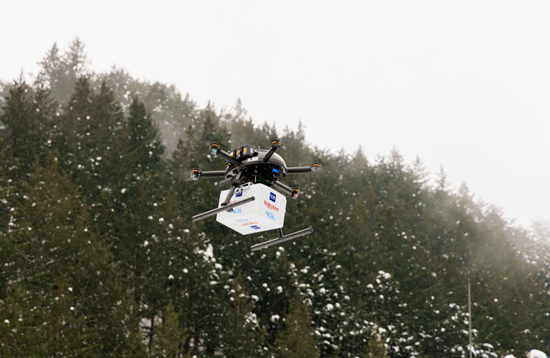Combating anti-GNSS spoofing Rakuten Group and Core, ACSL

Rakuten Group,Core and ACSL are conducting anti-GNSS spoofing in order to develop a domestic drone compatible with the signal authentication service of the quasi-zenith satellite system Michibiki. It was announced that the demonstration experiment was successful. In response to this success, the receiver “Cohac∞ Ten++” developed by Core was installed on ACSL’s domestically produced drone to develop the world’s first drone “ChronSky PF2-AE” compatible with signal authentication services from satellites.
In the demonstration experiment, Rakuten assumed that it would use drones to deliver relief supplies in the Otaki area of Chichibu City, Saitama Prefecture, under the influence of GNSS spoofing. It has been confirmed that it supports Michibiki’s signal authentication and correctly detects, blocks, and notifies GNSS spoofing.
Autonomous driving and drone autonomous flight technologies are becoming popular as measures to improve efficiency and safety, and GNSS is widely used for these technologies to allow aircraft to obtain their own position. On the other hand, GNSS spoofing technology, which disturbs the location of GNSS receivers and guides drones, cars, etc. to routes other than their intended, is posing a major threat.
